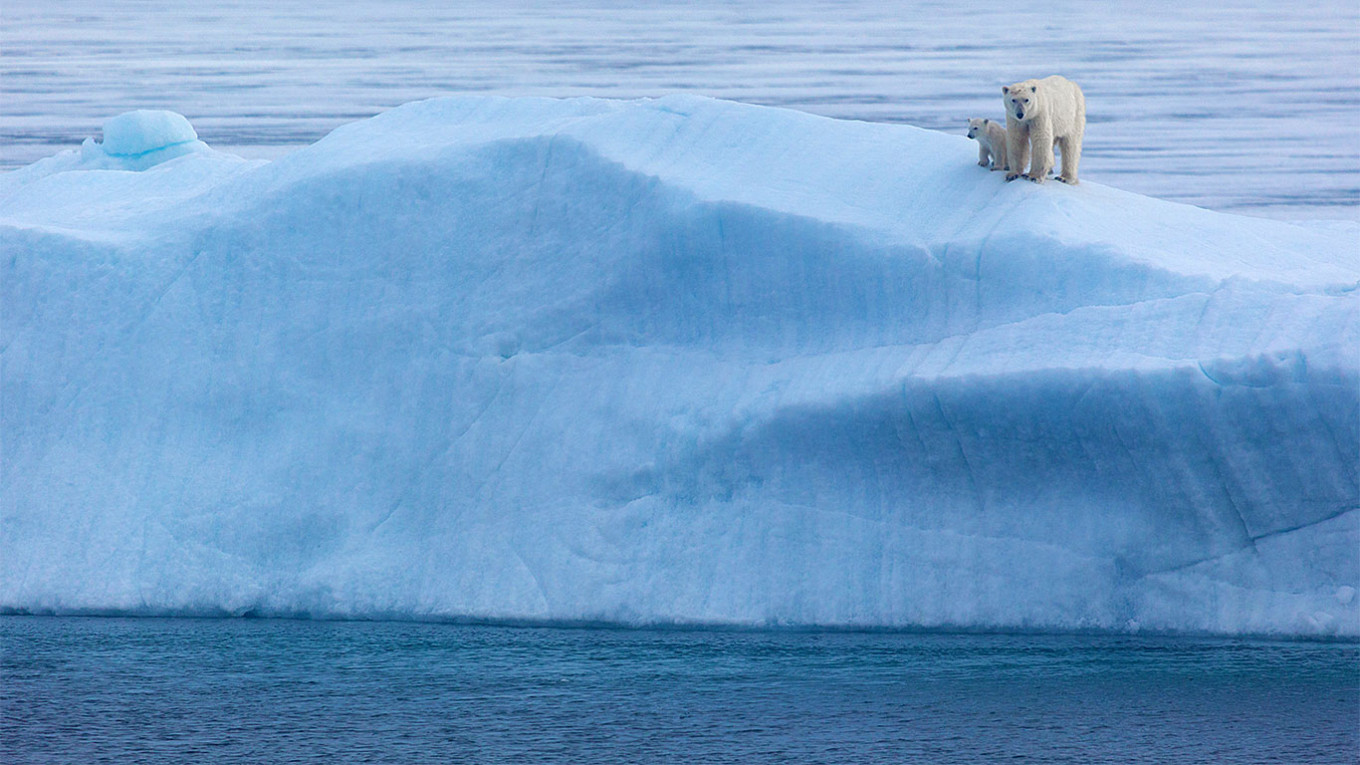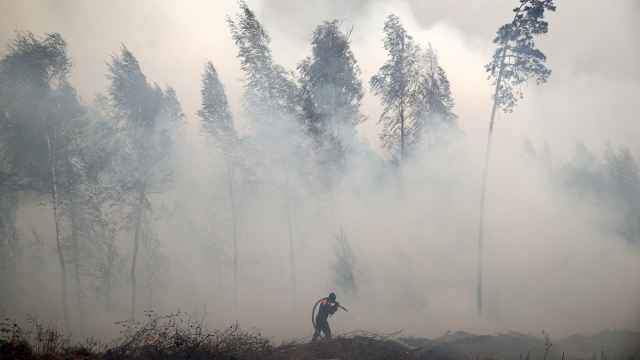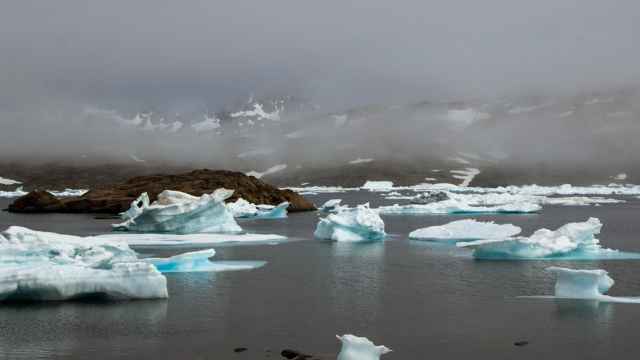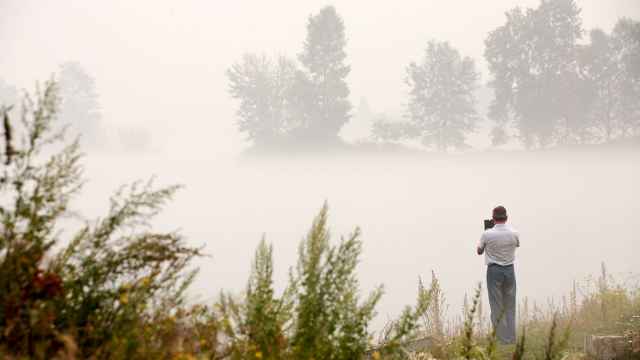“Warming is about to end. And the cause is not humans, but the interplay between the Sun and Earth. Currently, we are in a favorable period, but we will inevitably transition to an unfavorable [cold] one ... around 2030-2035.”
This statement by Andrei Fedotov, director of the Limnological Institute of the Russian Academy of Sciences (RAS), was published in an interview this month by RAS, the country’s leading scientific institution.
Fedotov, a doctor of geological and mineralogical sciences, cited his studies of Lake Baikal and historic climate epochs, warning "When the ice age comes, you will feel it immediately."
His claims stand in stark contrast to the global scientific consensus on manmade climate change and the ongoing warming trend highlighted by the Intergovernmental Panel on Climate Change (IPCC), an internationally accepted authority.
Though Russia is warming 2.5 times as fast as the rest of the planet, some of its scientists, RAS members and public figures regularly voice denials of climate science, sowing confusion among the populace.
In May, the RAS’s Eurasian economic integration council said that Earth's warming is primarily due to the “outflow of potassium isotope from the Earth’ depths” and linked local climate catastrophes to the “increasing emission of natural hydrogen, which creates ozone holes.”
The IPCC, in contrast, states that human release of greenhouse gases such as carbon dioxide and methane have “unequivocally” led to global warming.
Present in Russian public discourse for decades, climate deniers often have backgrounds in natural sciences, engineering, paleoclimatology, or the fossil fuel industry, experts told The Moscow Times.
“In more than half of the cases, my experience was related to skeptics. And if you're talking to a geologist, there is a 90% likelihood they are skeptics,” said a climate expert who requested anonymity in order to speak candidly. “Sometimes it was an aggressive stance, and sometimes just a lack of understanding.”
The expert pointed to differences in the causes and speed of climate change in the past and in the modern period which climate contrarians fail to grasp.
“I had a case when we went to Yamal [Arctic Russian region] with a geologist who was a skeptic. When I asked him, 'What do you think about climate change?' he stood up, looked pointedly at the surrounding tundra and said, 'As a geologist, I don't see anything here.' Well, indeed, what can a geologist, who measures everything in hundreds of thousands of years, see in a place like this?” they added.
There is a peculiar tendency among climate deniers to downplay the significance of humans’ role in the climate crisis, framing them as dwarfed by the superior forces of nature, Michael Yulkin, a climate change expert and visiting lecturer at the Higher School of Economics and Moscow State Institute of International Relations, told The Moscow Times.
Paradoxically, this view coexists with Soviet notions of mankind’s formidable power over nature, Yulkin said. But neither perspective contributes to a better understanding of the scale of anthropogenic climate change.
“In Soviet songs, there is always a narrative that we build dams and rockets and redirect riverbeds,” Yulkin said. “However, it never delves into the potential consequences — the Soviet person lacked this reflection. They only knew that they were doing everything right, and for the benefit of people.”
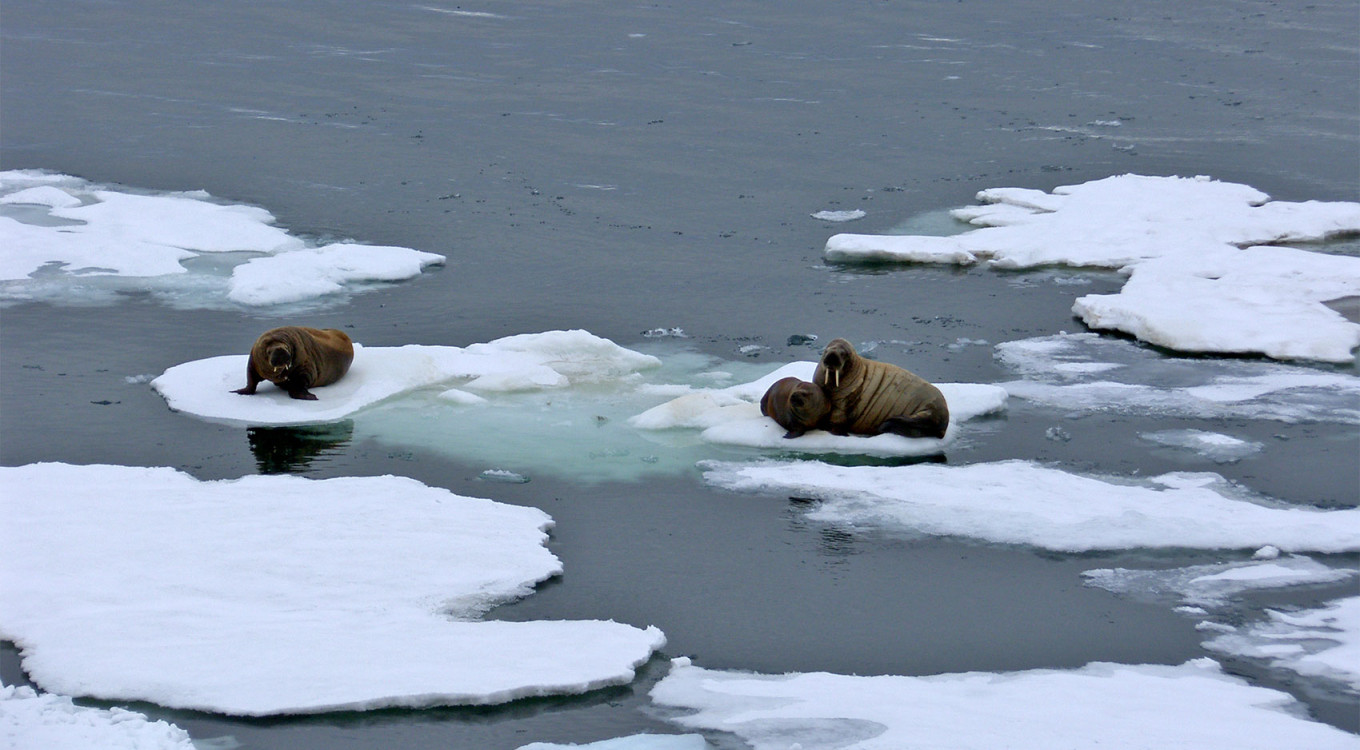
Present-day Russian TV viewers may get the impression that climate change is not an established fact. In doubt-inducing programs regularly aired by Russian state channels in the last decade, audiences are confronted with the message that the climate debate is ongoing and that theories of imminent global cooling hold equal credibility to the consensus on human-induced warming supported by the IPCC.
A 2020 episode of the show “The Most Shocking Hypotheses” on the state-controlled REN TV network aired claims that “global warming turned out to be a global scam.”
In the episode, the host briefly mentions that information in the program would contradict established science, but said their purpose was to give the floor to another hypothesis so viewers could make their own conclusions.
“Isn't it time for the whole world to save humanity from imminent doom?” the narrator asks. “It turns out things are not so straightforward. Perhaps the climate apocalypse exists only in the inflamed minds of people, frightened by global media and the shocking predictions of scientists."
Experts remained divided on whether Russians are influenced by climate skepticism in the media.
“I think it doesn't affect the population,” Yulkin said. “This [climate] topic doesn't exist in the public consciousness. At least, when I talk to students and to businesspeople. People come to their master’s program, and it's the first time they’re hearing about this issue."
The anonymous expert believes that vocal climate deniers do affect public opinion, pointing to the fact that survey results in Russia usually show less agreement with the anthropogenic cause of climate change than those in developed countries.
They added that the general lack of trust in Russian society provides fertile ground for climate skepticism.
“If you start telling people two theses that contradict each other from the same source, it causes a cognitive explosion in their minds and they adopt the traditional, age-old Russian position of 'everything is not so straightforward, so I don't trust anyone'."
Despite the presence of climate deniers, Russia also has many scientists and institutions that uphold the scientific consensus on climate change.
One of the most notable examples is the Russian State Hydrometeorological Service and its affiliated institutions, which regularly produce sound climate reports. The RAS itself has a Scientific Council on Earth Climate Issues, which kicked off a major climate conference in Moscow last week.
Moreover, the Soviet school had such renowned scientists as Mikhail Budyko, who warned that industrial activities would lead to global climate change in the early 1970s, long before it became common knowledge worldwide.
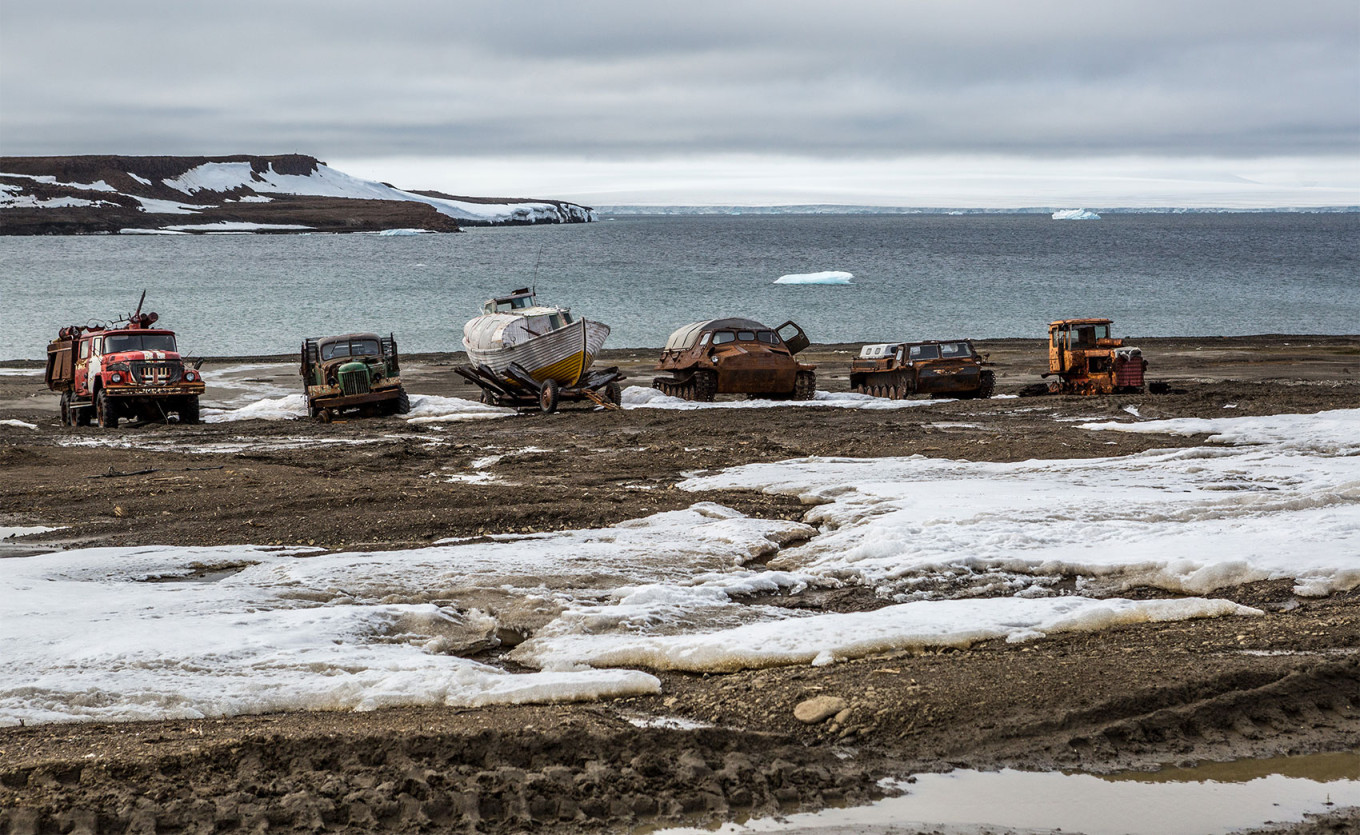
The existence of a science-based narrative appears not to have convinced ordinary Russians of the urgency of climate change. Though skeptics make up a minority of Russian respondents (from one-quarter to one-third), Russia ranked among the countries least worried about climate change in a 2022 global survey, while in a 2016 poll Russia had the highest proportion of climate skeptics among 23 polled countries.
Ambiguity can also be found in Russian officials' rhetoric. While the current state line acknowledges the climate challenge and Russia’s role in addressing it, some officials still employ climate denialism — for example, when criticizing Western policies.
"I was against our participation in the Paris Agreement and other schemes based on the myth of the 'greenhouse effect,' warning that this venture was directed against Russia,” State Duma deputy Sergei Mironov said this month. “But, alas, we had to 'roll up our pants' and run where our Western friends beckoned! And these friends came up with a carbon tax to profit from us."
President Vladimir Putin has voiced mixed rhetoric on climate during his two decades in power, from famously joking in 2003 that Russians would not need to buy as many fur coats and saying in 2019 that “nobody knows the causes of global climate change” to naming climate change a “challenge of planetary magnitude” in 2015. In 2021, he said Russia would achieve climate neutrality by 2060.
The platforming of differing perspectives on climate change gives officials the flexibility to adapt their rhetoric to shifting political circumstances, Yulkin noted. He believes the Russian government lacks its own climate position and mostly reacts to instructions coming from the presidential administration.
“It seems to me that in government structures, the 'whatever you like' principle has finally prevailed: if there's a need, we can promote the climate agenda; if not — we'll kill it,” Yulkin said. "I believe it's not a carefully considered climate policy, but more or less a politically colored circus.”
The anonymous expert agreed with Yukin’s argument that there is no unified stance on climate within the government, pointing to the contrast between Rosgidromet's alarming climate reports and the Energy Ministry’s de facto strategy of ignoring decarbonization.
“Climate skeptics aren't the source of any decisions, but they can serve as voices for a counter-narrative legitimizing this fossil fuel-based policy," they said.
RAS did not respond to The Moscow Times’ request for comment.
A Message from The Moscow Times:
Dear readers,
We are facing unprecedented challenges. Russia's Prosecutor General's Office has designated The Moscow Times as an "undesirable" organization, criminalizing our work and putting our staff at risk of prosecution. This follows our earlier unjust labeling as a "foreign agent."
These actions are direct attempts to silence independent journalism in Russia. The authorities claim our work "discredits the decisions of the Russian leadership." We see things differently: we strive to provide accurate, unbiased reporting on Russia.
We, the journalists of The Moscow Times, refuse to be silenced. But to continue our work, we need your help.
Your support, no matter how small, makes a world of difference. If you can, please support us monthly starting from just $2. It's quick to set up, and every contribution makes a significant impact.
By supporting The Moscow Times, you're defending open, independent journalism in the face of repression. Thank you for standing with us.
Remind me later.


